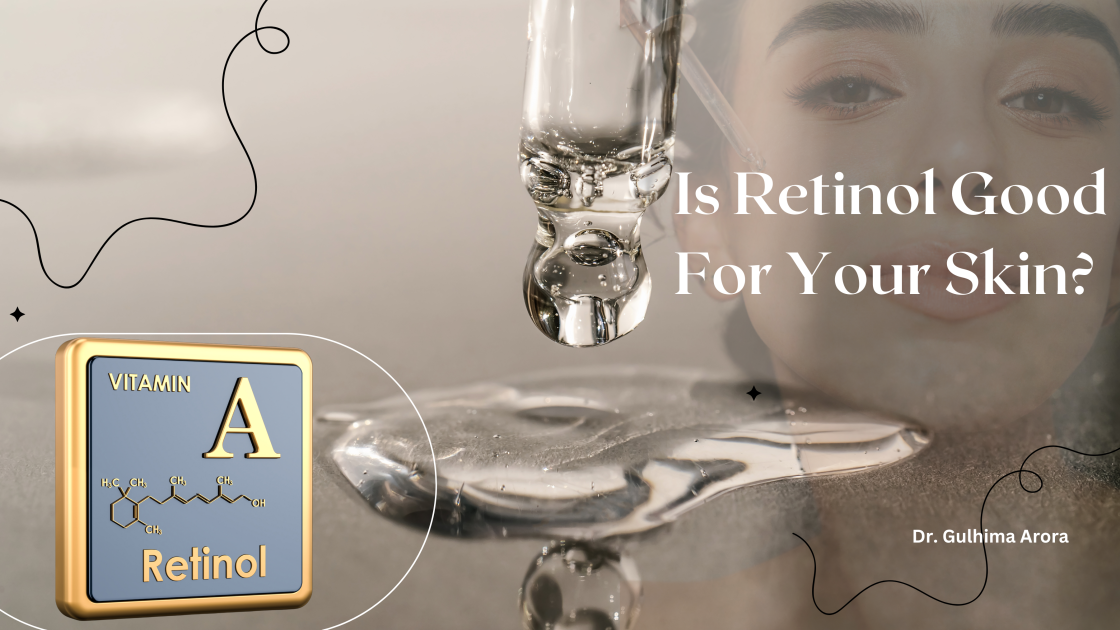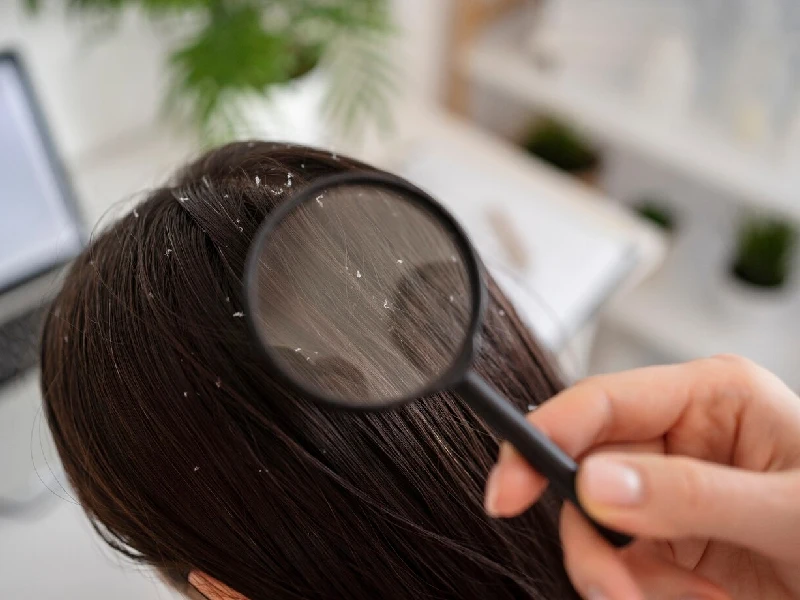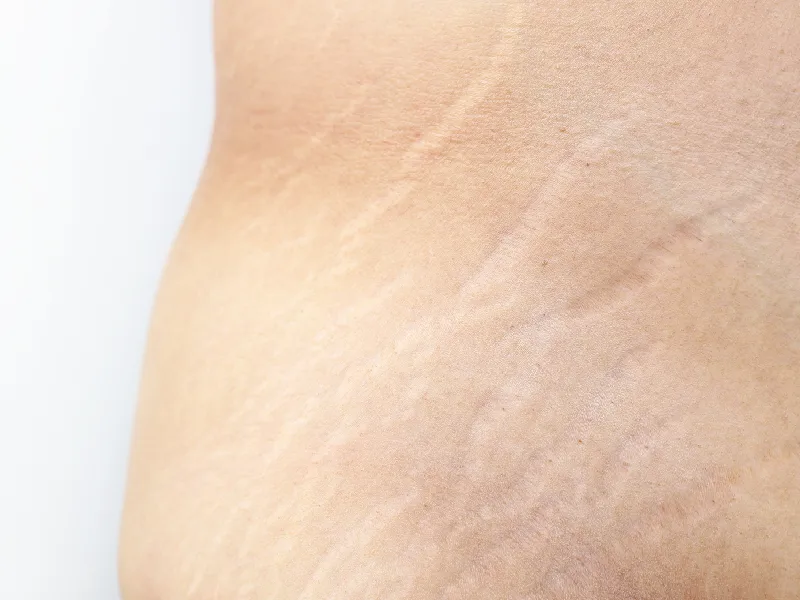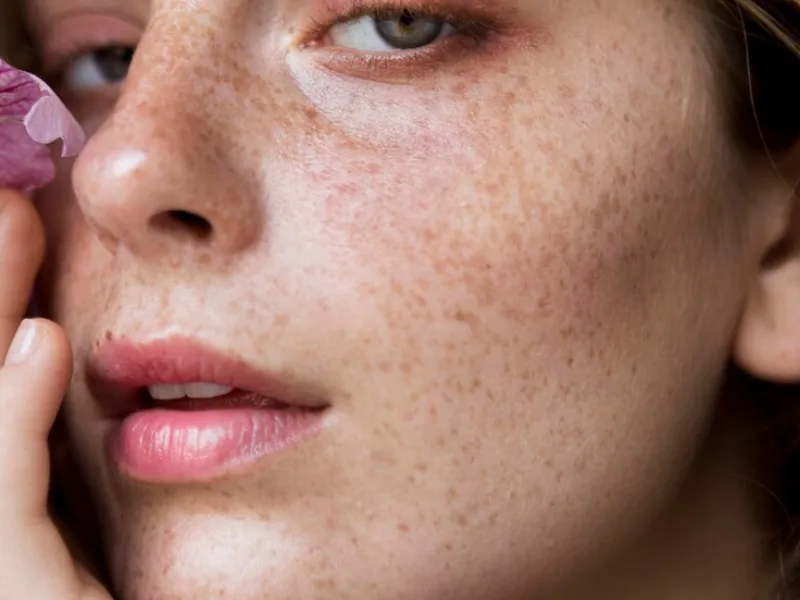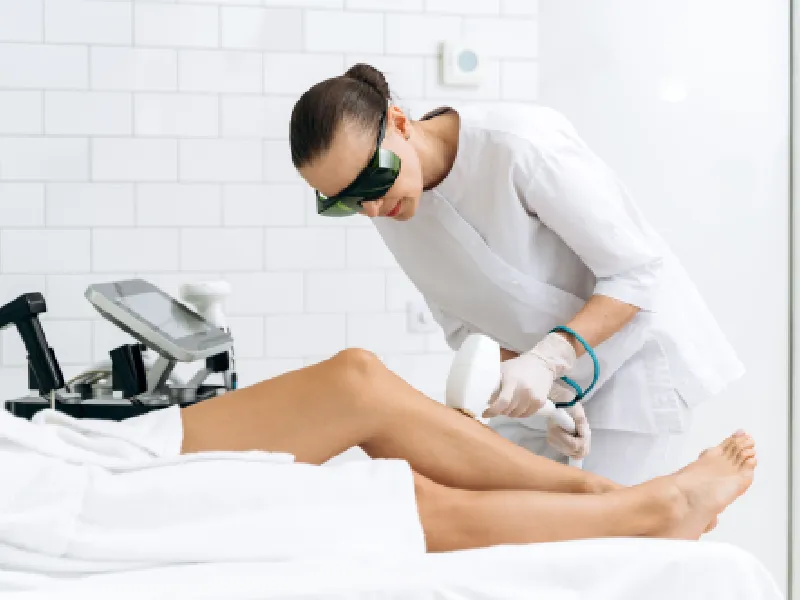- Date: May 30 2023
Retinol, a derivative of vitamin A, has gained significant popularity in the realm of skincare due to its remarkable benefits for the skin. Its effectiveness in managing various skin concerns, such as aging, acne, and hyperpigmentation, has made it a staple ingredient in many skincare products. However, it is crucial to understand both the benefits and considerations associated with retinol use on the skin to make informed decisions about incorporating it into our skincare routines.
What is Retinol?
Retinol is a type of retinoid, which encompasses all forms of vitamin A. When applied on the skin, retinol undergoes a conversion process within the skin,
Ultimately converting into retinoic acid. Retinoic acid interacts with the skin
Cells, promoting cell turnover, stimulating collagen production, and reducing the appearance of fine lines and wrinkles.
Beneficial effects of Retinol Use:
- Anti-Aging: Retinol is well known for its anti-aging properties. By stimulating collagen (Want to know more about collagen? My next blog is on that! ) production and increasing cell turnover, it helps improve skin elasticity, reduces the appearance of wrinkles, and promotes a smoother, more youthful complexion.
- Acne treatment: Retinol available as an OTC preparation is effective in addressing acne concerns. It helps regulate sebum production, unclogs pores, and reduces inflammation. With consistent use, retinol can lead to a clearer complexion and prevent future breakouts.
- Blotchy pigmentation and skin tone improvement: Retinol aids in fading those blotches of dark spots, and sun damage by promoting a more even skin tone. It inhibits melanin production and encourages the turnover of pigmented skin cells, resulting in a brighter, more radiant complexion.
Is it for everyone?
- Watch out if you have a sensitive skin: Retinol can cause some initial skin irritation, redness, dryness, and flaking, especially for those with sensitive skin. It is crucial to start with a low concentration and gradually increase usage to allow the skin to adapt. Additionally, using retinol at night and following up with a moisturizer can help minimize potential side effects.
- Retinol can increase skin sensitivity to the sun. Therefore, it is essential to use broad-spectrum sunscreen daily and limit sun exposure to minimize the risk of sunburn and further skin damage.
- Those pregnant or breastfeeding should avoid retinol use as they are associated with potential birth defects. Consult your dermatologist for safer skincare options during this time.
- Interaction with Other Skincare Products: Retinol may interact with other active ingredients, such as benzoyl peroxide or alpha hydroxy acids (AHAs). It is crucial to understand potential conflicts and consult a dermatologist or skincare professional to ensure compatibility and avoid adverse effects.
Retinoid or retinol, what is the difference?
Retinoid and retinol are different terms that refer to related but distinct compounds within the family of vitamin A derivatives. Understanding their differences is crucial when considering their use in skincare.
Retinoid is a broad term that encompasses all forms of vitamin A and its derivatives. This includes retinol, retinoic acid (also known as tretinoin), retinaldehyde, and various other compounds.
Retinoid can be found in both prescription-strength medications and over-the-counter skincare products. The medicine your dermatologist may prescribe e.g., for acne shall contain a retinoic acid versus a retinol.
Retinol, on the other hand, is a specific type of retinoid. It is a less potent form of vitamin A compared to retinoic acid but is still highly effective in improving skin health. Retinol needs to undergo a conversion process within the skin to be converted into retinoic acid, which is the active form that interacts with skin cells to deliver its benefits.
Retinoic acid (tretinoin) is the most potent and direct form of vitamin A. It is typically available only as a prescription medication and is commonly used for treating various skin conditions, including acne, photoaging, and hyperpigmentation. Retinoic acid bypasses the conversion process required by retinol, making it more potent but also potentially more irritating to the skin.
When it comes to skincare products, retinol is more commonly found in over-the-counter formulations, while retinoic acid (tretinoin) is usually prescribed by a dermatologist. Retinol products are typically milder and better tolerated by individuals new to using vitamin A derivatives, allowing for a gradual introduction into a skincare routine. Retinoic acid, being more potent, requires close monitoring and guidance by your dermatologist.
It is important to note that while both retinol and retinoic acid can deliver similar benefits to the skin, the strength and potential side effects may differ. It is recommended to consult with a dermatologist to determine the most suitable option based on individual skin concerns and needs.
Is retinol a steroid?
I am often asked this question. No it is not.
Retinol, with its proven benefits in addressing aging, acne, and skin tone, has rightfully earned its place as a sought-after skincare ingredient. However, it is essential to approach retinol use with caution, taking into account individual skin type, sensitivity, and potential interactions. When used correctly and with proper consideration, retinol can be a valuable addition to a skincare routine, promoting healthier, more radiant skin.

K-105, Basement, Hauz Khas Enclave, New Delhi -110016














